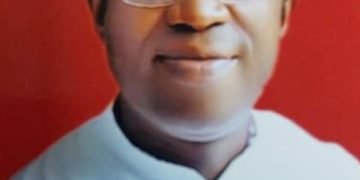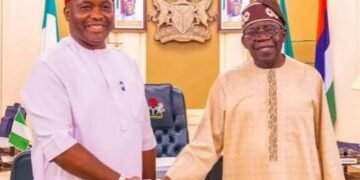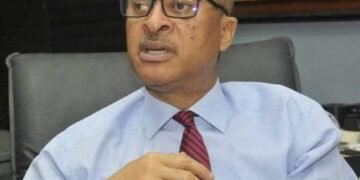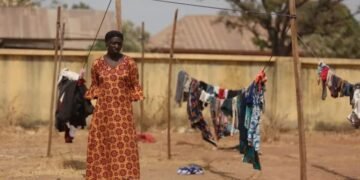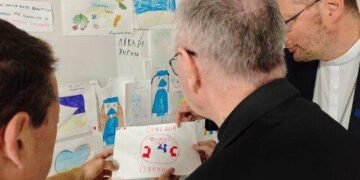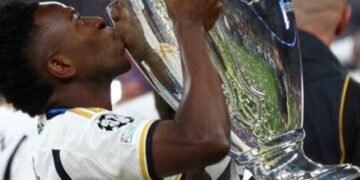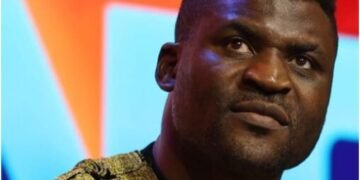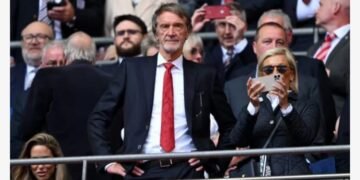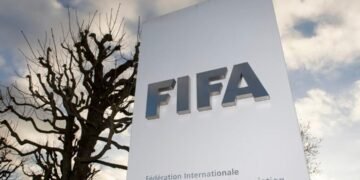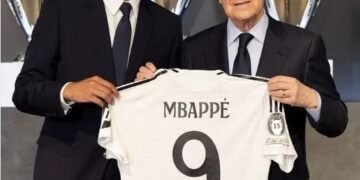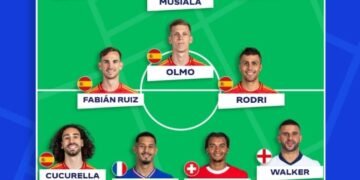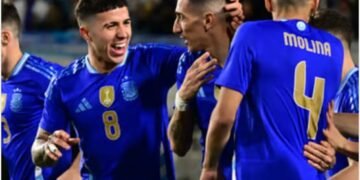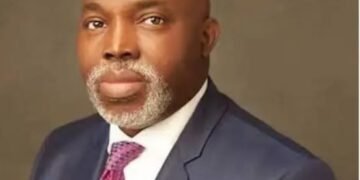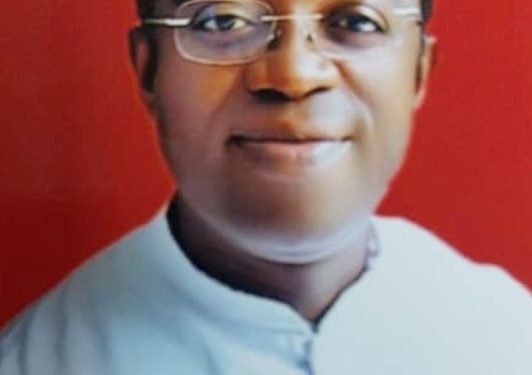Rev. Fr. Paschal Onwugbenu
From birth, we keep forming opinions, and from our experiences, shape our own world as we see it. Indeed, it is a little problematic to say we shape our world because more often than not, we see vivid manifestations of us being products of what the world around us have made of us. It is true, though, that when making a choice, what is not presented as part of the options cannot be chosen. We read for various reasons like instructions or inspiration.
We discover ourselves and get into the lives and thinking of others (DiYanni, 2021). We form understanding about ourselves and our world through reading. Whether as instruction or inspiration, reading moves us to action. Literature comes in essays, novels, short stories, poem and so on. Each persuades us, using different approaches, to move us to action.
Our locality, context, institutions we belong to, and associations, all contribute to form our personality. When there is a preponderance of a particular opinion, it creates a bias. Such biases created by a dominant opinion or worldview precludes other factors or alternatives that we are compelled to see things in only one direction. One directional or mono dimensional view of life births myopic understanding of reality and is a catchment arena of errors. Literature contains what the writer have in mind, the way the material was presented and our interpretation of what the writer is trying to convey. Doll (2012), noted that the characters we love to identify with in our readings, we try to become in our lives.
Now, it is true to say that certain people are drawn to particular types of books or genres. While there are fictions and nonfictions, nobody writes from nowhere. There is always a background from where one is developing his imagination in fictions. Nobody can imagine what cannot happen. When we imagine it, we somehow believe that it will happen even when not in our life’s time. Geoffery Weston observed that books provide us with facts and entertainment but also force us to face facts we might ignore.
John Sutherland noted in reading Punchner, that literature since it emerged on the earth has been very important. According to him, literature took storytelling to another level and in various directions, such that foundations of civilizations are being formed (the New York Times, January 12, 2018). This powerful assertion should call the attention of any critical analytic person to stop and ask questions. Such questions like, how have the stories of our culture been told and spread? How much has the movies industry impacted on the traditional African stories? In fact, the movie industry has taken our story telling beyond our shores and across all ages. Now, many times, we have seen children and even adults believing whatever they see in the movies and quite a number modelling their lives after what they have seen and heard.
The power of literature (script) dramatized or read as a book is immense. Not only that its presentation, many times, blurs the difference between fiction and non-fiction, its influence on people’s lives are immeasurable. It means that any author is not merely crafting a story but also determining the effect she wants the story to have in her readers. Of importance is the fact that those choices made about the effect of the story crafted by any author convey and recommend values to live by, or to accept and tolerate or even to champion!
In those values created and marketed by authors should our attention be focused more on. What are the sources of the values being propagated? What informs the options presented from which choices can be made? What are the inherited culture of the author and the chosen culture therein? Inherited culture is the one into which we were all born. Choice culture admits of elements an individual puts together to form a new culture of life that he follows. This query introduces us to the evaluation of the values being projected to see if they are in sync with our beliefs and what we want for our lives. Reading is to feed the mind and so care should be taken to see what we are feeding our minds with. This action of querying the literature becomes more important if those values are to be shared and proposed to our children in any form, especially, at their young age in school.
Most recently, we have discovered that in our schools, the State Agencies charged with the approval of books are no better than our big society that is dysfunctional. The criteria for recommending books for approval to be used in the State are NOT known and so it leaves room for manipulation and smuggling in, of books propagating values we may not want. We can choose to shout and complain but also we can choose to positively and strategically, intervene to protect our cherished values, as Africans and Catholic Christians.
One such intervention is to get the books that share our values and seek to propagate the same. To have what we will be comfortable with, we need those who understand and know the values to write the books. This gave birth to the formation of Catholic Archdiocese of Onitsha Writers Association (CADOWA). These have been commissioned to revise their old books to reflect our values and write new ones to give us alternatives to what others may want to feed our children’s mind with, which are incongruent with our faith and cherished values. When there is a synchronization of values shared and promoted in the home, school and in our children’s spare time, reinforcement of desired values seems most probable. CADOWA, therefore, is an important organ in our quest to operate in the new frontiers of culture and value transmission.
Noting as mentioned earlier, that literatures are “that civilization- forming foundational texts”, we humbly acknowledge that our lives and values are shaped by what we feed our mind. We are, actually, what we read or absorb in various ways and through various means. Should this observation scare us a little, well, quite much. The reason is that many of our children and ourselves sometimes take a book, movie, storyline as innocent and separated form what we live by. It makes a whole lot of sense to check and even edit available options from which our children can pick, yet not only children but we, have to be consciously selective of what we feed to our minds. Forming civilization is another way of building culture.
Culture, beyond being the way of life, can be seen at its power. It enables or disables certain strategies and plans in life. A culture of turn by turn and quota stifles competency and discourages self-improvement. A culture that is permissible of certain actions hitherto on the prohibition list creates a lax attitude and insensitivity to those actions. The actions lose their moral persuasion and appear as neutral such that evil is normalized.
At this point, we note that the culture of bedside story reading forms a child in particular ways and leads his brain to develop towards a particular tangent. The children learn how to weave stories but even more have exposure to vocabulary that form part of their repertoire in their language development. This exposure is always rich and needs careful evaluation. Today, social media spew clips, texts, mocked-up stories, rehashed incidents to influence, read as incite people towards a particular course of action. While we understand that we cannot control all the factors involved in value sharing, we can do well to help craft what our children are exposed to in their formation years. That is why such groups like CADOWA is essential and needs to be promoted.
